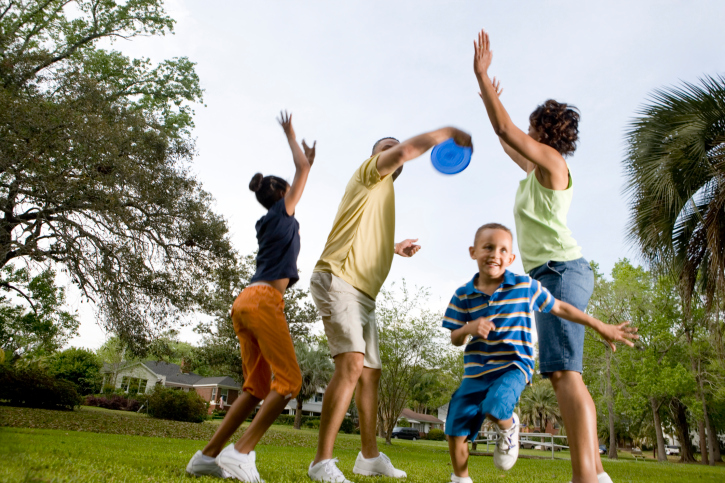
It doesn't matter if it was the Jerry Sandusky case for child abuse cases or a neighbor molesting a family member, it is critical that families engage in a discussion about sexual abuse and increased advocacy for victims.
According to the American Academy of Child and Adolescent Psychiatry, there are 80,000 reported cases of child abuse reported each year in the United States. According to the Centers for Disease Control and Prevention, one in six men reported being sexually abused as children.
Celebrate great health! LIKE BlackDoctor.org on Facebook!
Moreover, 73% of child victims do not tell anyone about the abuse for at least a year and 45% of victims do not tell anyone for at least 5 years. Some never disclose (Broman-Fulks et al., 2007)[1].Approximately 22% of the total number of cases are African American (U.S. Department of Health and Human Services, 2010). This number does not include the number of unreported cases.
Sexual abuse in the African American community has rarely been talked about and there are few resources to support children in their families who have endured this trauma. While there are a handful of social service agencies and governmental programs that serve as conduits for healing, many victims remain unheard, invisible, and even dismissed when allegations emerge.
When resources are available, very few families and individuals take advantage of counseling and advocacy services because of the stigma that is associated with sexual abuse: parents who refuse to talk about sexuality health with their children; children “being seen and not heard”...
...opening up living quarters to extended family (e.g., uncles, aunts, cousins, etc); and the myth that Black boys welcome any type of sexual contact. All of these manifestations of this ongoing stigma contribute to the need for more education and awareness about this debilitating phenomena.
Given the circumstances around this tragic incident at Penn State University, it seems important that parents position themselves to be advocates for all children. Parents should be willing to be open to talk with children about abuse and seek professional support for those children who have been traumatized.
For families who know of members or friends who have perpetrated abuse should encourage them to seek professional help as well because oftentimes, perpetrators re-enact sexually inappropriate behaviors performed on them when they were younger or vulnerable. When everyone knows about the abuse and no one says anything, it only maintains a climate of secrecy and complicity.
Parents should be knowledgeable and comfortable with talking to children about healthy sexuality in a developmentally appropriate manner. Finally, parents should also be able to demonstrate courage and champion the rights of those who are traditionally underrepresented or underserved.
Generations of Black families have refused to address this transhistoric tragedy and many things have to change to protect our children. This article is an open invitation and challenge for Black families to be willing to protect the rights of ALL children and bring light and voice to those who have been victimized.
1. Broman-Fulks, J. J. , Ruggiero, K. J., Hanson, R. F., Smith, D. W., Resnick, H. S., Kilpatrick, D. G., & Saunders, B. S. (2007). Sexual assault disclosure in relation to adolescent mental health: Results from the National Survey of Adolescents. Journal of Clinical Child and Adolescent Psychology, 36, 260-266.
Dr. James Wadley is an Associate Professor and Director of the Master of Human Services Program at Lincoln University. He is a licensed professional counselor and marriage, family, and sexuality therapist in the States of Pennsylvania and New Jersey. Contact him at drjameswadley.com or twitter #phdjamesw









